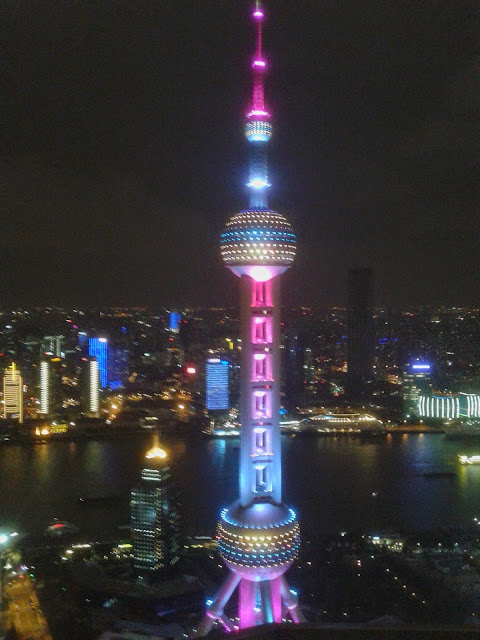Power of Scarcity
Economists have long been educating us that ownership of scarce resources yields power and, more often than not, leads to exploitation. That is common sense indeed, about the dark side of monopoly of economic and political power. But sometimes autocratic behaviour can also arise when people merely think they are in a position of monopoly, though in fact they are not.
This may best describe the Indonesian Tax Office's unbelievable initiative to levy VAT on aeronautical charges, which no doubt was eagerly, indeed poorly, conceived out of desperation for tax revenue. Without getting into the technical details of the aviation world, as international air transportation involves the use of aircraft, goods and supplies outside any tax jurisdiction, it is generally exempted from taxation of national governments on the principle of reciprocity. It is one thing that an airport, especially a popular one, usually commands power over airlines with the scarce resource of slots and parking space, therefore bargaining power over landing fees and the like. It is quite another matter for the government concerned to take a ride and tax airlines on airport usage out of whims. For the tax office of one regime to pursue its own national interest in defiance of the nation's international commitment is a display of, at best, ignorance and, at worst, roguery.
Alarming enough, the same was observed from the country's Customs Department, from where airlines operating to Indonesia suddenly began to receive invoices of custom duties on engineering parts and other sundry items, all things supposedly exempted from such levies usually under the Air Services Agreement between countries concerned.
As much as the role of good citizen in a foreign country should be played out, the international airlines of course do not just bend down and let it be. Issues are being addressed at the official collective forum and protests escalated. But it is clearly a case for valuable time being wasted, when it could have been deployed for more productive economic activities, had institutions of authority abided by business commitments. Indonesia's rank on the world's league of "ease of doing business" needs no reinforcement like this - a predicament to the president's effort in convincing the world otherwise.
Arguably, though levying VAT on aeronautical charges is not as monstrous as Chad's blatant execution of power when some foreign oil company was ordered out of the country for purportedly not having paid up the tax due, it smacks of the same nature.
This may best describe the Indonesian Tax Office's unbelievable initiative to levy VAT on aeronautical charges, which no doubt was eagerly, indeed poorly, conceived out of desperation for tax revenue. Without getting into the technical details of the aviation world, as international air transportation involves the use of aircraft, goods and supplies outside any tax jurisdiction, it is generally exempted from taxation of national governments on the principle of reciprocity. It is one thing that an airport, especially a popular one, usually commands power over airlines with the scarce resource of slots and parking space, therefore bargaining power over landing fees and the like. It is quite another matter for the government concerned to take a ride and tax airlines on airport usage out of whims. For the tax office of one regime to pursue its own national interest in defiance of the nation's international commitment is a display of, at best, ignorance and, at worst, roguery.
Alarming enough, the same was observed from the country's Customs Department, from where airlines operating to Indonesia suddenly began to receive invoices of custom duties on engineering parts and other sundry items, all things supposedly exempted from such levies usually under the Air Services Agreement between countries concerned.
As much as the role of good citizen in a foreign country should be played out, the international airlines of course do not just bend down and let it be. Issues are being addressed at the official collective forum and protests escalated. But it is clearly a case for valuable time being wasted, when it could have been deployed for more productive economic activities, had institutions of authority abided by business commitments. Indonesia's rank on the world's league of "ease of doing business" needs no reinforcement like this - a predicament to the president's effort in convincing the world otherwise.
Arguably, though levying VAT on aeronautical charges is not as monstrous as Chad's blatant execution of power when some foreign oil company was ordered out of the country for purportedly not having paid up the tax due, it smacks of the same nature.



Comments